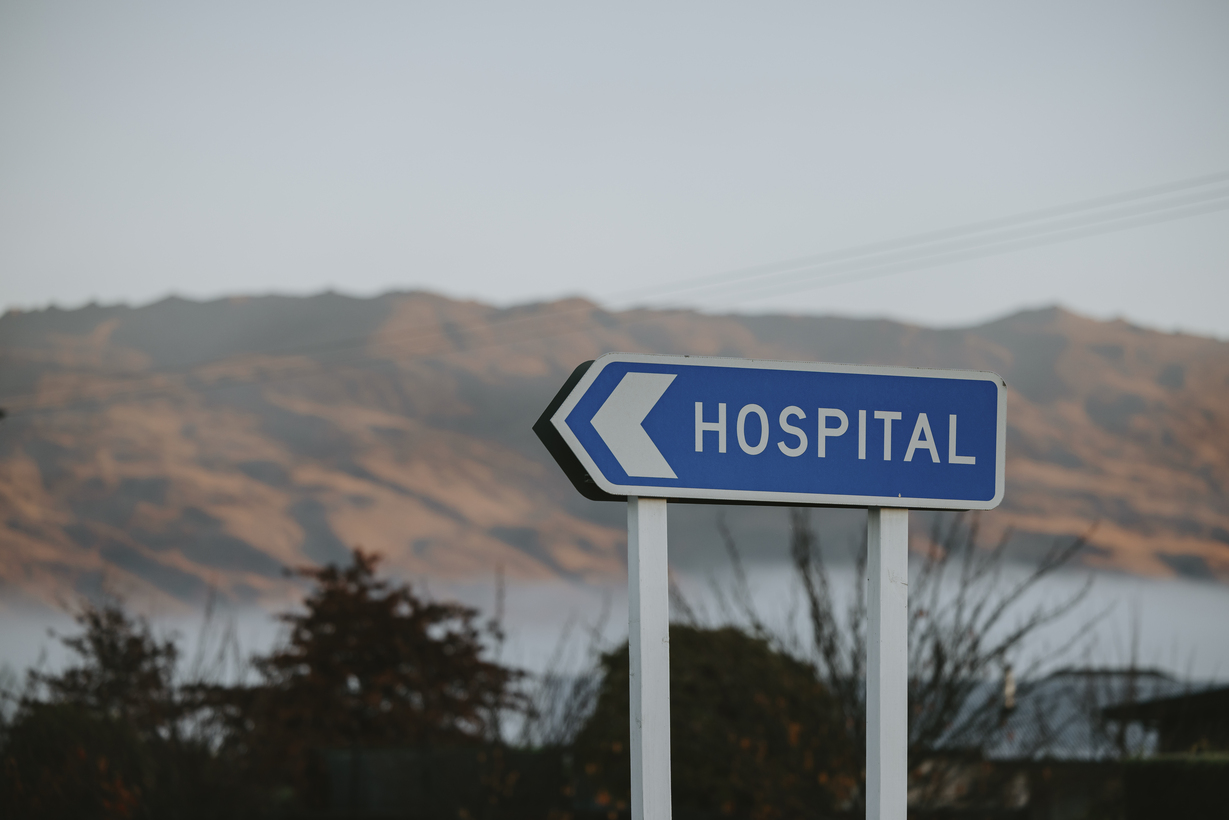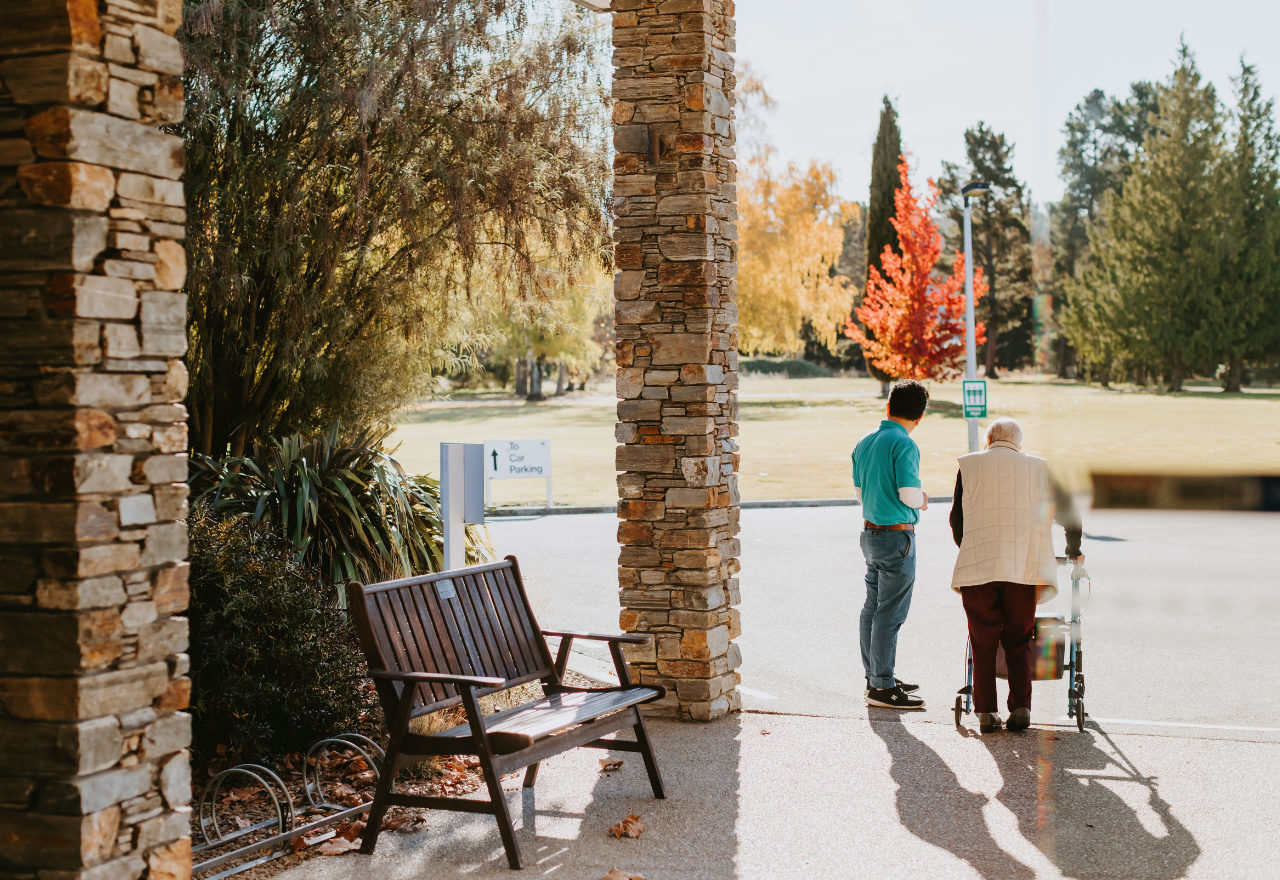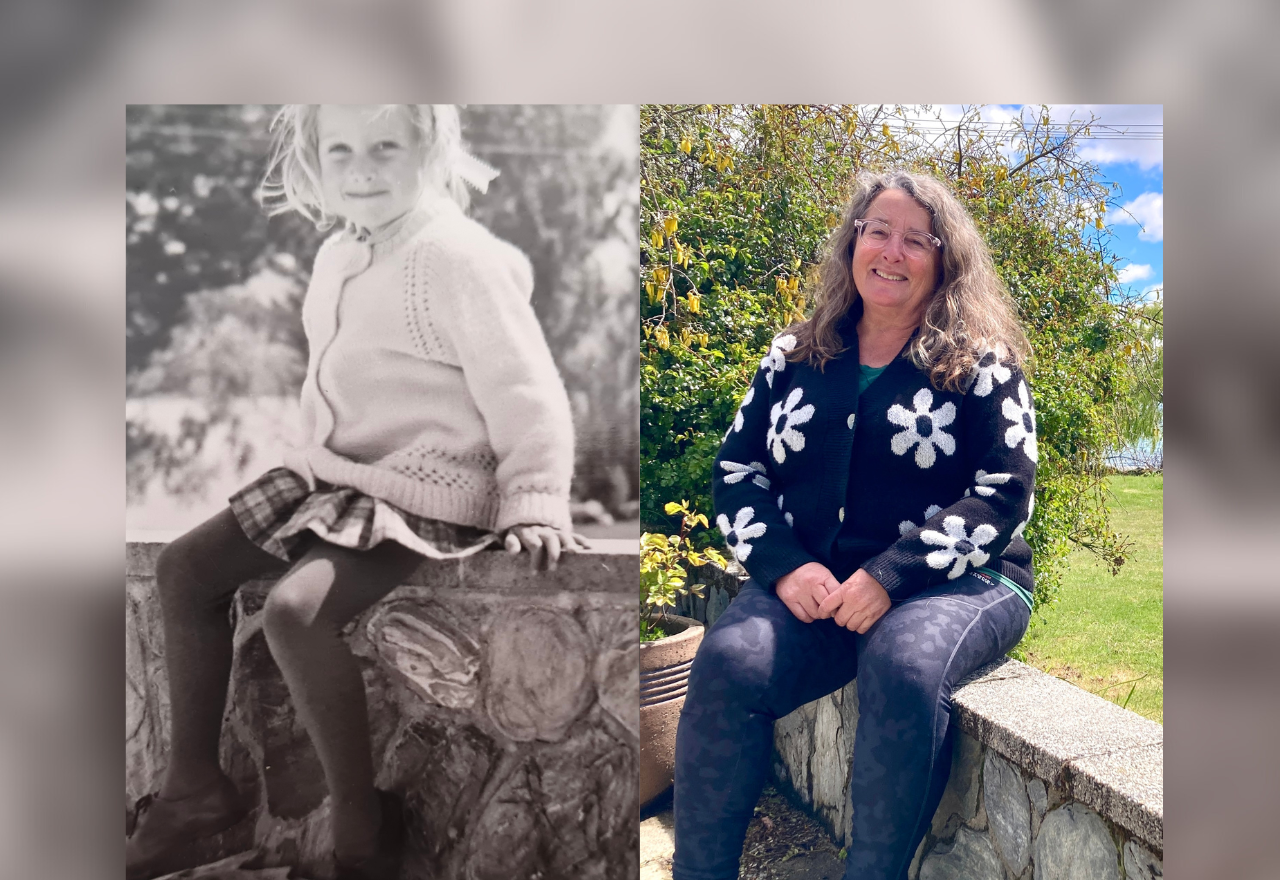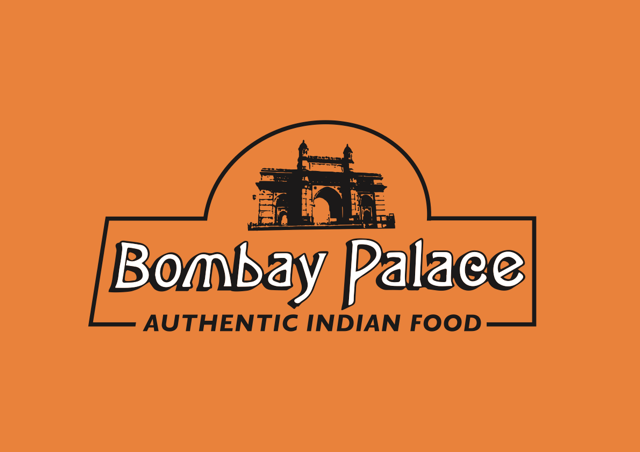New foundation aims to keep hospital care ‘close to home’

Staff Reporters
29 October 2025, 5:00 PM
 Dunstan Hospital in Clyde is a community owned rural hospital which also services the Upper Clutha.
Dunstan Hospital in Clyde is a community owned rural hospital which also services the Upper Clutha.A new charitable trust has been launched to protect and expand the region’s publicly funded and community owned hospital in Clyde.
The Dunstan Hospital Foundation Charitable Trust will work alongside Central Otago Health Services Ltd (COHSL), the community-owned operator of Dunstan Hospital, to fund projects that enhance patient care, extend clinical reach, and futureproof the hospital for generations to
come.
“Everyone deserves quality healthcare, no matter where they live,” foundation patron Sir Sam Neill said.
“Dunstan Hospital has served this community for generations. This foundation is about keeping that service strong, expanding what it offers, and making sure local care remains local.”
Initial projects are likely to include the redevelopment and expansion of the chemotherapy and infusion unit, upgrades to diagnostic technology, and digital tools that extend specialist care deeper into rural communities.
Dunstan Hospital receives public funding to deliver core services on behalf of the government.
However, funding is largely limited to day-to-day operational costs - not facility upgrades, new equipment, or medical innovations.
Concerns have been growing over health inequity in the region.
Wānaka-based investment company Roa has received consent for a $300M private surgical hospital in Wānaka, which has raised questions about access for non-elective and lower-income patients.
Also underway are regional deal negotiations between the central government and Otago Lakes Central (a group comprising Queenstown District Council (QLDC), Central Otago District Council, and Otago Regional Council).

The new foundation plans to fund “more than the basics”, such as facilities, technology, and clinical capacity.
The draft deal includes plans for a privately financed, publicly leased hospital in Queenstown.
Read more: Who is shaping the future of Central Lakes health?
The new foundation says while private facilities may fill limited surgical niches, they cannot replace 24/7 public medical care.
“Community fundraising bridges that gap,” Dunstan Hospital chief executive Hayley Anderson said.
“It allows us to move faster - upgrading facilities, expanding clinical capacity, and investing in technology that keeps care local and accessible.”
Meanwhile, Health NZ is undertaking a clinical services review for the Central Lakes region to help to determine what future publicly funded clinical services may be required in the area, how they will be delivered, and where they will be provided.
Read more: Health services review in Upper Clutha to focus on needs, not locations
Hayley said Dunstan Hospital’s role in providing urgent care, medical services, imaging and ambulatory care will continue to be needed.
“It makes sense to keep medical beds on both sides of the gorge,” Hayley said.
“Dunstan already has a facility with capacity for cost-effective expansion, and we’re ready to grow strategically, including extending services to Wānaka.”
She said philanthropic support will make “a tangible difference to patient outcomes” by funding more than the basics, investing in facilities, technology, and clinical capacity.
Advocacy group Health Action Wānaka (HAW) told the Wānaka App the group was pleased to hear about the foundation’s launch, adding that COHSL looking to extend its services to Wānaka “sounds very positive for the rapidly growing Upper Clutha community”.
“The foundation is talking about funding the redevelopment and expansion of Dunstan’s chemotherapy and infusion unit and upgrading its diagnostic technology, both of which we support. We would also like to see more specialist clinics and enhanced crisis-level mental health facilities and support at Dunstan Hospital.
“We continue to advocate for more local services in Wānaka. Currently, we have to drive to Clyde for publicly funded x-rays and ultrasounds despite us having two local providers that could deliver this service in Wānaka.”
HAW said the group was interested in the outcomes of the Health NZ-led clinical services planning, “including its recommendations for what publicly funded services we need, where they could be delivered, and how Dunstan Hospital fits into the mix”.
Dunstan Hospital Foundation Charitable Trust founders say rural hospitals are under increasing pressure to meet rising demand with limited funding, but Dunstan Hospital offers a proven, community-owned model that shows how local leadership, innovation, and philanthropy can sustain and strengthen essential healthcare outside the main centres.
The foundation’s vision (‘elevated excellence in rural healthcare’) is about funding more than government budgets will allow - rural outreach clinics, staff wellbeing initiatives, and enhanced medical student training that attracts the next generation of rural doctors, nurses and allied health staff.
Hayley said the Central Otago community invested in a CT Scanner for Dunstan, which resulted in “faster diagnosis, less travel, and better outcomes for our patients”.
“That’s the kind of impact the foundation exists to continue.”
Foundation chair Warrick Deuchrass said the goal is to keep care “close to home”.
“Every donation goes straight back into improving access, dignity, and innovation in the way rural healthcare is delivered.”
Community events will be held across the region in early November to mark the launch, including one at the Wānaka Community Hub on Monday (November 3) from 10am–12pm.
Find more information here and watch a foundation video here.
PHOTOS: Supplied





